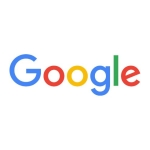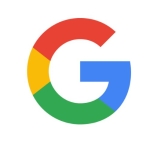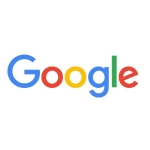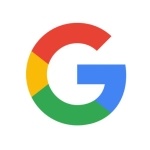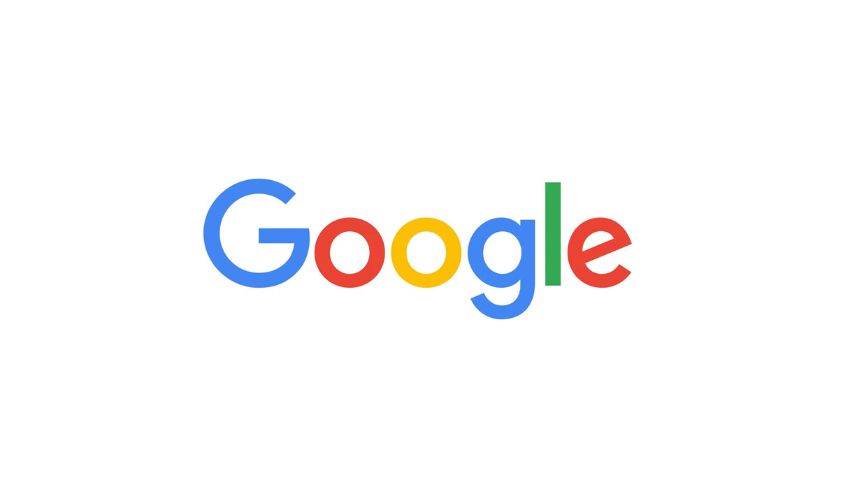
Less than a year after a U.S. judge decided that its search operation constituted an illegal monopoly, Google is facing a second high-profile antitrust lawsuit. The company’s influence over digital advertising technology takes front stage this time.
Along with numerous state attorneys general, the U.S. Department of Justice (DOJ) has charged Google with leveraging its market dominance to control online advertising, thus restricting competition, and so altering the ad tech environment to corporate benefit.
The Foundation of the Case: Google’s Ad Tech Empire
The trial, which is scheduled for a federal court in northern Virginia, focuses mostly on Google’s dominating power in the digital advertising sector, especially with relation to ad tech. A vital infrastructure controlling online ad buying, selling, and placement on websites is ad tech.
The U.S. government contends that Google has unjustly used its position to control terms to publishers and advertisers, therefore depriving them of much opportunity to choose substitutes. According to the DOJ’s complaint, a number of anticompetitive actions have helped to build and preserve Google’s monopoly. The tech behemoth has reinforced its control on the industry, bought rivals in the ad tech sector over years, and enforced tight restrictions meant to keep rivals off the scene.
The government charges Google of not just eradicating rivals but also of using pricing and market conditions manipulation to harm advertisers and website publishers. Google is said to have seized the market by managing both sides of the ad tech equation, that which advertisers use and that which publishers use.
The DOJ claims that these efforts have seriously impeded competition, hence increasing advertiser prices and lowering revenue prospects for news organizations, other internet publishers, and content creators. The government is looking for a major fix: it wants Google to split up its ad tech company, distributing portions of its ad operations to reenergize competitiveness.
Google’s Reaction: An Ill-informed Case
Claiming that the case essentially distorts the dynamics of the internet advertising scene, Google has fiercely refuted the accusations made by the DOJ. In its court documents, the corporation has maintained that, by streamlining the difficult process of buying and selling ads online, its ad tech business is a major driver of innovation and economic development, thereby serving both advertisers and publishers with necessary services.
Google sees the complaint as presenting an antiquated picture of the internet and overlooks the several ways ads are now shown—including in search results, mobile apps, and social media. Pointing to the presence of big competitors like Facebook, Amazon, and a variety of ad tech startups, the corporation argues that competitiveness in digital advertising remains strong.
Declaring the DOJ’s legal approach to be defective, Google has said, “The case is also wrong on the facts, which Google looks forward to demonstrating.” Moreover, Google has argued that rather than monopolizing the market, its purchases of ad tech companies were targeted at improving efficiency and offering better services for publishers and advertisers.
The company’s legal team is supposed to contend that its innovations have lowered costs and improved openness, thereby benefiting advertising, and that publishers have more chances to profit from their material.
Importance of Digital Advertising and Market Dynamics
Although Google’s ad tech division might not be as well-known as its search engine, it is absolutely vital in the way knowledge is shared and absorbed on the internet. For many online services, particularly news sources and content producers dependent on ad income to support their operations, digital advertising is their lifeline.
Many websites would find it difficult to remain financially feasible without the infrastructure enabling effective ad placement and targeted marketing. Emarketer’s Senior Analyst Evelyn Mitchell-Wolf highlighted the value of the ad tech industry, underlining that “it’s the lifeblood to a lot of important information sources for the public.”
She also pointed out that although the market in question is smaller than the whole digital advertising ecosystem, it significantly affects the free information availability online. Mitchell-Wolf also voiced worry about Google’s monopoly in ad tech, which limits options for publishers who must depend on the platform even if it results in less favorable conditions.
Possible Outcomes and Worldwide Effects
Expected to run at least six weeks, the trial will feature testimony from hundreds of witnesses, including business leaders, economists, and industry specialists. Presiding over the matter, Judge Leonie Brinkema will eventually determine whether Google’s actions violate U.S. antitrust rules. Should the court decide against Google, another trial will be conducted to ascertain how the business ought to follow the decision.
Keep Reading
This could result in a historic ruling mandating Google to split its ad tech division, therefore transforming the online advertising sector. Although the trial attracts a lot of attention, some experts think the financial effect on Google could be restricted even if the government wins. According to Wedbush Securities’ analysts, less than 1 percent of Google’s operating income this year comes from the section of its company under investigation. Nonetheless, the symbolic importance of the trial can be broad since it could empower authorities in other countries to adopt a stricter posture against Google and other Big Tech companies.
Indeed, where authorities are looking at similar claims of market abuse, Google’s ad tech operations are already under inquiry in the European Union and the United Kingdom. The result of the U.S. trial may affect the course of current investigations as well as next charges aimed at other significant participants in the digital sector.
Greater Antitrust Projects Against Google
Many of which have come under fire for their market dominance, this trial is a part of a larger campaign by U.S. and worldwide authorities to curb the power of Big Tech corporations. Apart from this ad tech scenario, Google is also under legal assault about its search engine monopoly. Antitrust enforcement had a major win last month when a judge said Google’s search methods were illegal. That case is currently in the remedy stage, whereby the government is supposed to suggest major modifications in Google’s search engine business operations.
Should both cases find the corporation guilty, it may be compelled to reorganize important facets of its business, an action with knock-on consequences throughout the tech sector. More generally, these incidents mirror growing worries about the dominance of tech behemoths in modern society. The results of these tests might define the direction of digital marketplaces for years to come as governments all over try to encourage rivalry and safeguard consumers.
